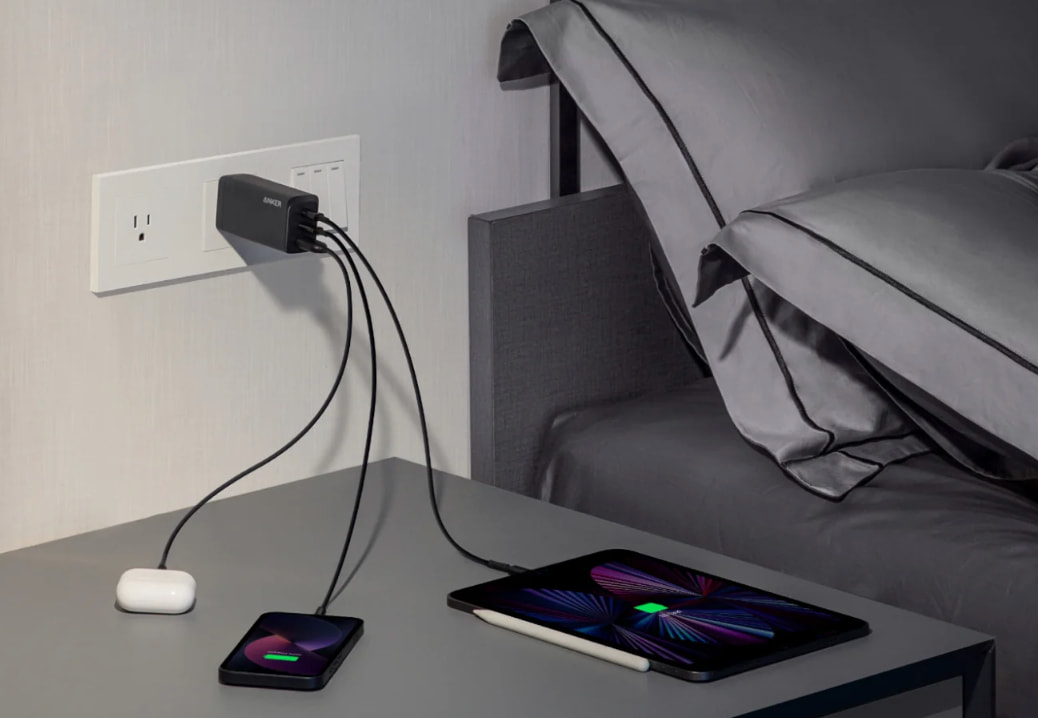Here’s If Every AC Uses Gas –
Car AC doesn’t directly use Gas (Gasoline) to power itself. Gasoline powers the whole car and charges its batteries. Car AC uses this energy to power itself. For homes & offices, when we talk about gas in AC, we’re talking about refrigerant gas. Home ACs have a gas cylinder that has Propane, Iso-Butane gases that helps the AC to provide super cool air.
Moving forward with this question, in this article, we’ve debunked several myths and provided a lot of important information to help you keep your AC in its best condition
ACs are expensive appliances and 83% of all their problems occur due to human errors & ignorance. The repair costs can quickly rise from a few hundred dollars to a few thousand dollars easily. Avoid this by reading below & educating yourself on how your AC works!

Does Car AC use Gas (or Fuel)?
Is Using AC Affects the Fuel Economy of Car?
The answer to this depends on the speed you are driving.
Depending on the age and size of your automobile, if you are driving at a normal city pace speed, using the air conditioner reduces your car’s fuel economy by an average of 3 miles per gallon. AC diverts energy from the engine to operate the automobile and thus reduces fuel efficiency. But this definitely does not mean you have to sit in a baked car. See the weather and use your AC accordingly.
In another scenario according to the EPA, running the air conditioner instead of rolling down the windows on highways can save you money on gas. At highway speeds, opening windows increases aerodynamic drag, which forces the engine to work harder and consume more fuel.
Does Home AC use Gas?
Domestic air conditioning systems come in a variety of models having their own set of features energy efficiency. All domestic ACs use gas, but here is the twist this gas in the gasoline used to fuel our car ACs, this gas is the cooling gas or refrigerant.
All AC use refrigerant also called cooling gas. The myth breaker is that this cooling gas is actually a liquid. This cooling gas/ refrigerant is used in air conditioners to remove heat from the contents of the room and discharge it into the atmosphere. A refrigerant is a chemical molecule that acts as a heat carrier in the refrigeration cycle, changing from gas to liquid and then back to gas.
What Gas is Available in my AC?
How to know if my AC is low in Gas?
AC gas or refrigerant has a very long life, it lasts for a lifetime, to give you a number for a minimum of 15 years. So if your AC is new or just 4-5 years old and you see the signs like low cooling, ice forming on the AC surface it is most probably a leak.
Here, we’re telling you 4 important signs that will immediately let you know that your AC is low in cooling gas –
Reduced cooling capacity
A refrigerant if low or has leaked could be at blame if your air conditioner isn’t chilling as well as it should. The air coming from your AC may not be as cool as it should be if your AC is low on gas.
Ice has formed on the refrigerant line.
When frost forms on fan motors, tubes, hoses, pipes, and other parts of the system, you know your gas has leaked.
Bubbling / Hissing
While the air conditioner is running, you may hear some loud bubble forming or hiss-like sounds. This indicates that air bubbles have formed in the refrigerant lines. If you hear this noise, call your service provider and turn off the air conditioner.
Energy bills are suddenly feeling high
You’ll rack up a large cooling cost while your air conditioner runs continually to try to chill your home. Sometimes we do not realize that there is not much cooling, so if suddenly your bills are extraordinarily high it means your AC is working very hard to produce cool air and consuming more electricity.
Can I refill AC Gas myself?
It is suggested to go with an expert but with the pandemic, we sure have learned to do everything on our own! Here are the steps to refill AC Gas at home yourself –
- Step 1: Turn the air conditioner off and connect the hoses to the ports on the system.
- Step 2: Turn on the air conditioner and allow it to remain in that position until it reaches the required level of stability for the AC.
- Step 3: Unscrew the suction line and connect it to the blue AC hose.
- Step 4: Connect the yellow hose to the refrigerant and then turn the cylinder knob to the open position for one second.
- Step 5: To connect your manifold to the refrigerant without tilting the container, use a hose. You can start adding the refrigerant to the suction line slowly and in small amounts.
- Step 6: Ensure that all valves on the AC manifold gauge are locked.
- Step 7: Start the air conditioner by turning the bottom knob.
Other Tips to Improve AC Cooling Power?
Whether it’s car AC, Home AC, or Office AC, every type of air conditioner requires proper maintenance and handling from an aware user to perform better and last longer.
Here are the few expert tips to help you maintain your AC performance and cooling capacity maximum –

- Clean and vacuum your vaults regularly
- Shut doors and windows while using Ac
- Clean the area around the condenser unit.
- Keep heat-producing appliances away from the thermostat
- Repair if any leaks
- Keep condenser in a shade
- Any exposed ductwork should be insulated.
- Schedule regular maintenance
Conclusion
Summing up one thing we all need to understand is the gas used in every cooling system is different and works differently. Gas to work in a car needs fuel whereas in domestic AC and fridges it needs electricity so do not confuse car gas with domestic AC gas. Always hold regular maintenance and service session to keep your car AC system up to date and working.








